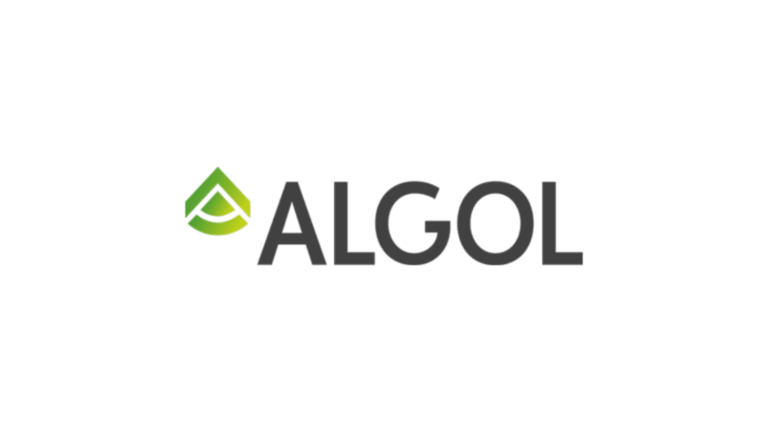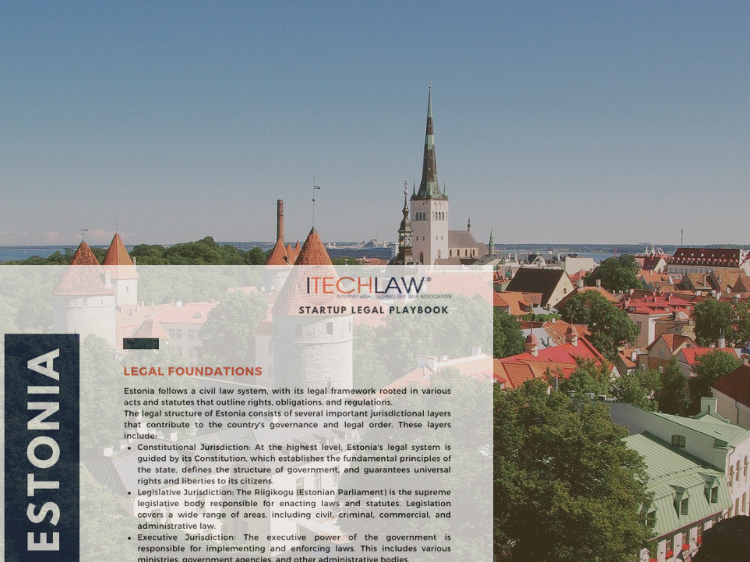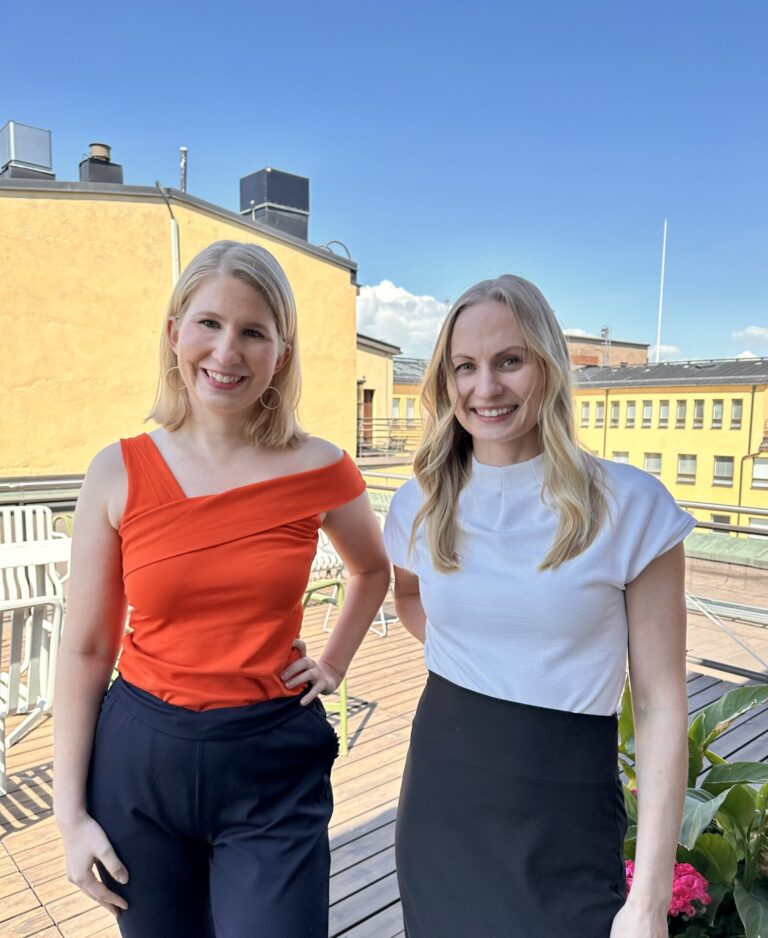
12 May 2021 9-10am CET or 4-5pm CET
New Danish Foreign Investment Screening Regime
As law firm friends of Magnusson we cordially invite you to attend webinars concerning the new Danish rules concerning screening and approving foreign investment that enter into force on 1 July 2021 and will have a significant impact on M&A and other corporate transactions, certain commercial transactions and greenfield establishments involving Danish businesses or Denmark.
Please sign up by sending an e-mail to sharmila.khadka@magnussonlaw.com indicating whether you wish to attend the morning or afternoon seminar.
Background
The background is that the Danish government is currently consulting in the Danish Parliament about the introduction of new legislation that will establish a screening and approval process for foreign investments in Denmark.
The new rules that Denmark are looking to introduce – seemingly with the broadest possible backing across the political spectrum are, in the words of the Danish government – “robust” and belong to the category of the most restrictive systems yet introduced across Europe, alongside for instance the rules applicable in Finland and Germany.
While we at Magnusson do not expect many foreign investments to actually be rejected or become subject to restrictions asserted by the Danish authorities, what we do foresee that a large quantity of transactions into Denmark will be caught be the new rules, causing the new FDI screening regime to add a significant level of complexity for foreigners that want to do investments in Denmark. Obviously, deals that are subject to review will take a longer time to complete.
The new legislation is expected to enter into force on 1 July 2021, and areas of particular importance for lawyers working with international M&A transactions are:
1. Any transaction in certain critical sectors whereby a foreigner gains control over 10%, 20%, 1/3, 50% or 2/3 of the voting rights in a Danish company or acquires similar control by other means will need to be approved. Such investments in Danish businesses for instance in the field of defense and dual-use products, storage and processing of sensitive data, critical infrastructure as well as AI, robotics and a range of other technology sectors will need to be approved. This will impact investments and acquisitions by foreign, also EU based, VC and PE funds in Denmark as well as of course strategic investments.
2. As currently worded the Danish legislation will within the critical sectors also cover (i) greenfield investments, (ii) special economic agreements, e.g. joint ventures and RD contracts and (iii) an international transaction between two foreign companies where control of a Danish subsidiary embedded in the corporate structure shifts.
3. There are no lower monetary thresholds.
4. Transactions within the critical sectors are not allowed to complete before approval has been obtained, a prohibition against implementation like the one known from merger control filings apply.
5. Any transactions that are currently on-going but has not completed by 1 July 2021 will be caught be the rules.
6. The new rules explicitly states that investments made by soverign wealth funds, state-owned enterprises or companies with a legacy of FDI issues (also elsewhere in the EU or with Denmark’s international allies) will be subject to deeper scrutiny than other investors.
The legislation comes on the back of an EU regulation from 2019 requiring the EU member states to review their national FDI screening rules, but the EU rules do not impose obligations on the member states as to how the national regimes must operate.
During the period 2013-18 Denmark received foreign investment at a staggering amount of approx. EUR 518bn equivalent to 30.9% of the Danish GDB, of which more than 2/3 came from other EU countries.
As additional background, traditionally, the Danish economy is one of the most open economies in the world and Denmark always scores high on global “ease of doing business” surveys. In the notes attaching to the proposed legislation the Danish government expresses a desire for the Danish economy to remain an open one.
Pursuant to the proposed legislation FDIs may only be restricted if they pose a risk to either ”national security” or ”public order”, which establishes a fairly narrow window for not approving or levying restrictions on foreign investments.
In terms of process, after having received ”full information” the Danish Business Authority has a 60-day review period, but if the autority fails to meet the deadline this does not cause the transaction to be automatically approved.










